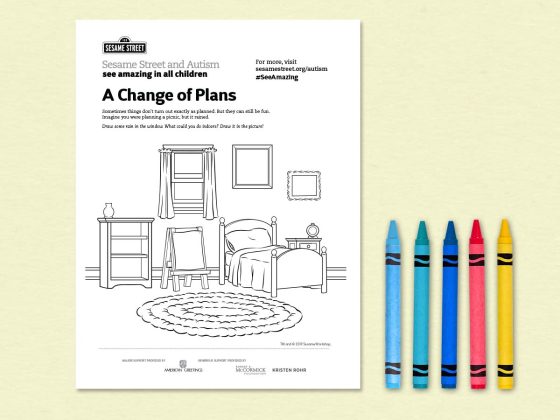
A Change in Plans
A printable about making alternate plans.
Print out the coloring page and invite children to color it in. You might say, “Sometimes a new plan is even more fun than the first plan!”
Here are some other ideas to build flexibility:
Make tiny changes in children’s routines to build tolerance for when real changes are needed. For instance:
- Instead of blueberry pancakes, make banana pancakes. Or ask, “What’s your favorite color?” and add a few drops of food coloring to the batter to make pancakes of that color.
- Have several pairs of mittens that you alternate among.
- Put bubbles in the bath one day, but use bath crayons the next day.
Change the rules. If you usually clap along to a favorite song, try bouncing along with it instead. Instead of “Simon” Says, substitute another name.
Together, make a list of favorite indoor and outdoor activities. There is always the chance that weather will upend plans! Next time it does, choose an alternate activity from your list.
Use the word “flexible” in your conversation to get children used to the idea. Make sure to offer praise each time children show flexibility.
This is a great autism-friendly coloring activity and family activity for children with autism.
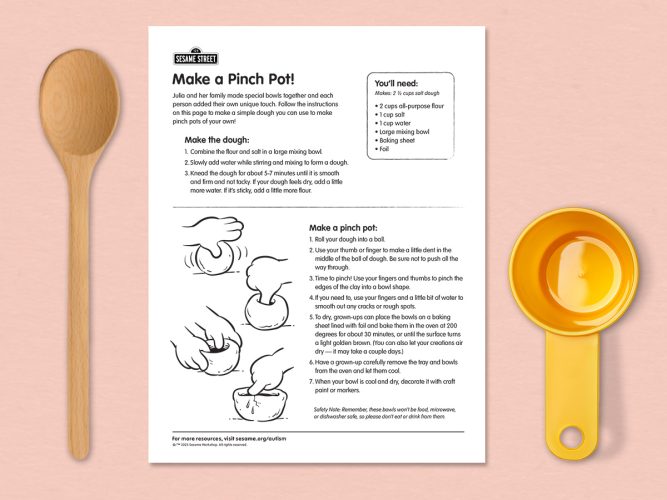
Make a Pinch Pot!
Simple craft instructions to help your family make pinch pots from homemade dough together.
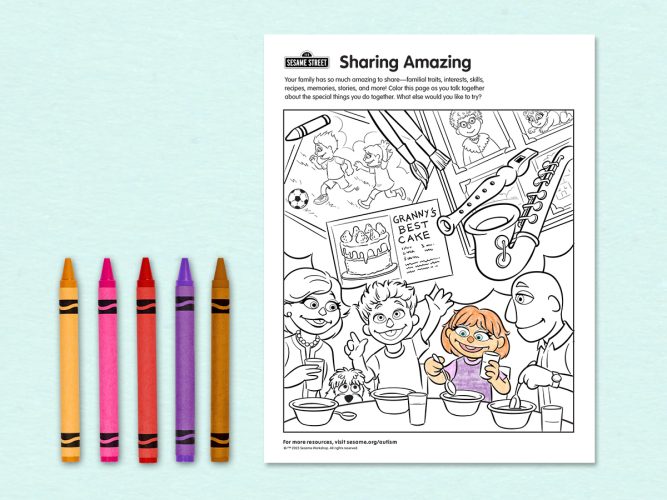
Sharing Amazing
An adult-child coloring page to spark ideas and connection.
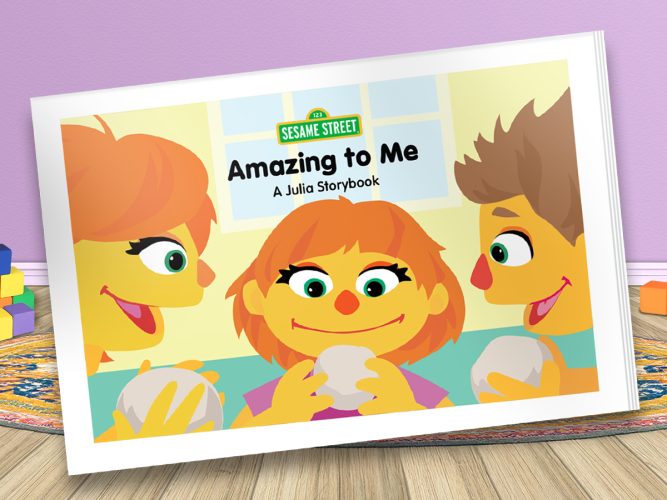
Amazing to Me
When Julia and her family do a special art activity together, Julia finds a way to add her own amazing touch!
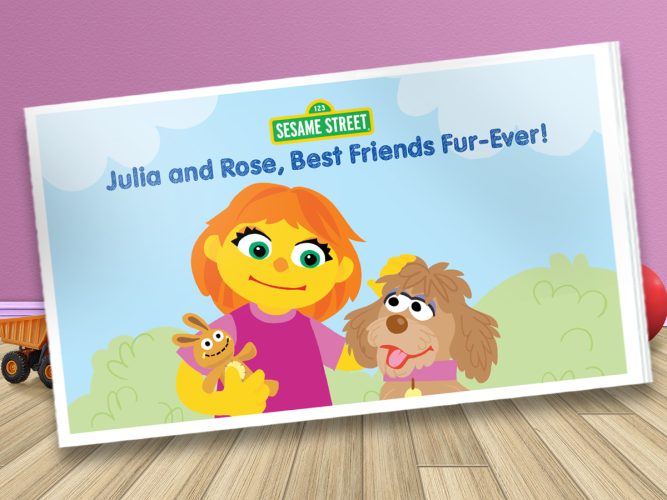
Julia and Rose – Best Friends Fur-Ever
When Sesame Street's Julia has an idea, she sees it through… with a little help from her family. This social storybook for autistic children models what’s possible!
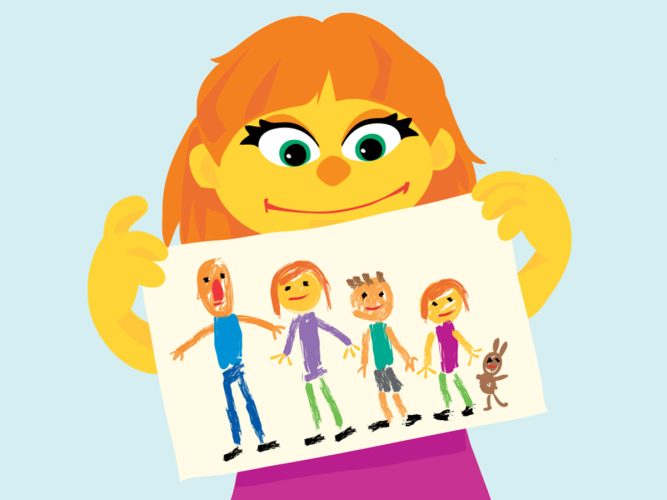
Autism and the Arts: A Conversation on Creativity and Community

Exploring the Amazing in Autistic Children: A Conversation with Camille Proctor, Founder of The Color of Autism Foundation
An article to help parents discover and support their autistic child’s unique perspective and personality
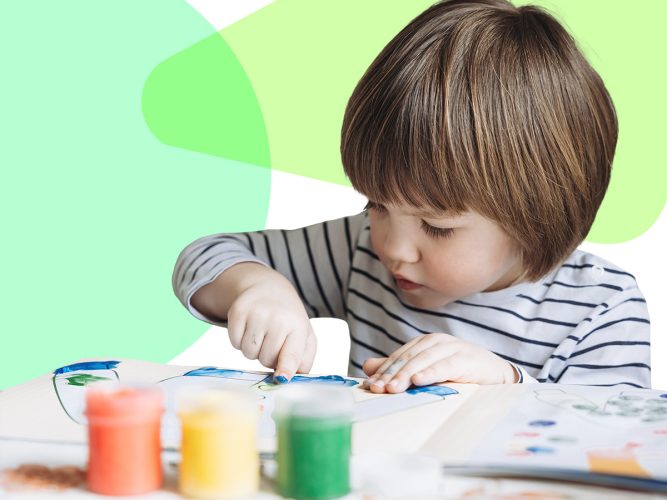
Creative, Talented, Amazing: A Conversation with Anna Wang, Co-founder of FCSN, about fostering autistic children’s talents
An article to help parents foster creative exploration and expression in their autistic child.
